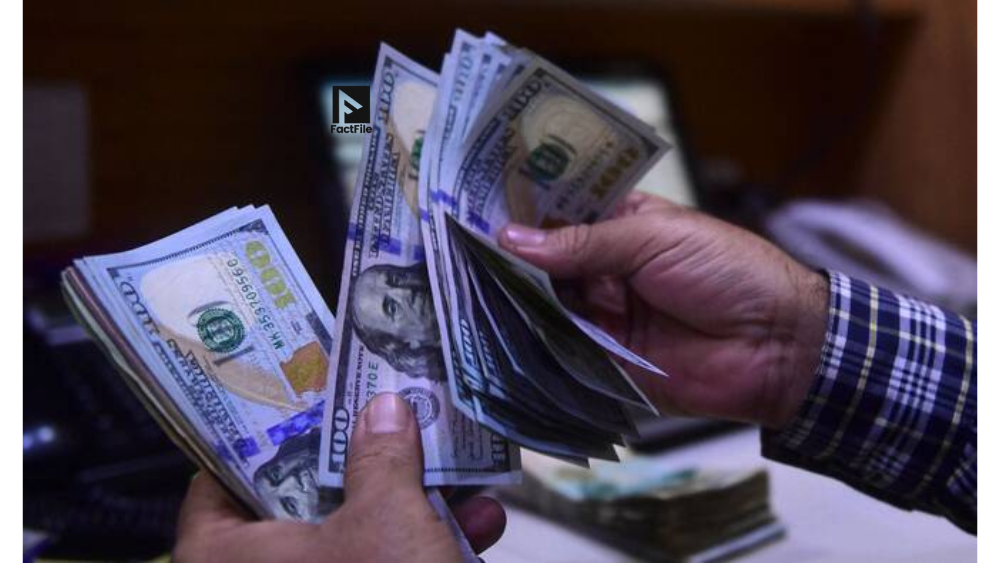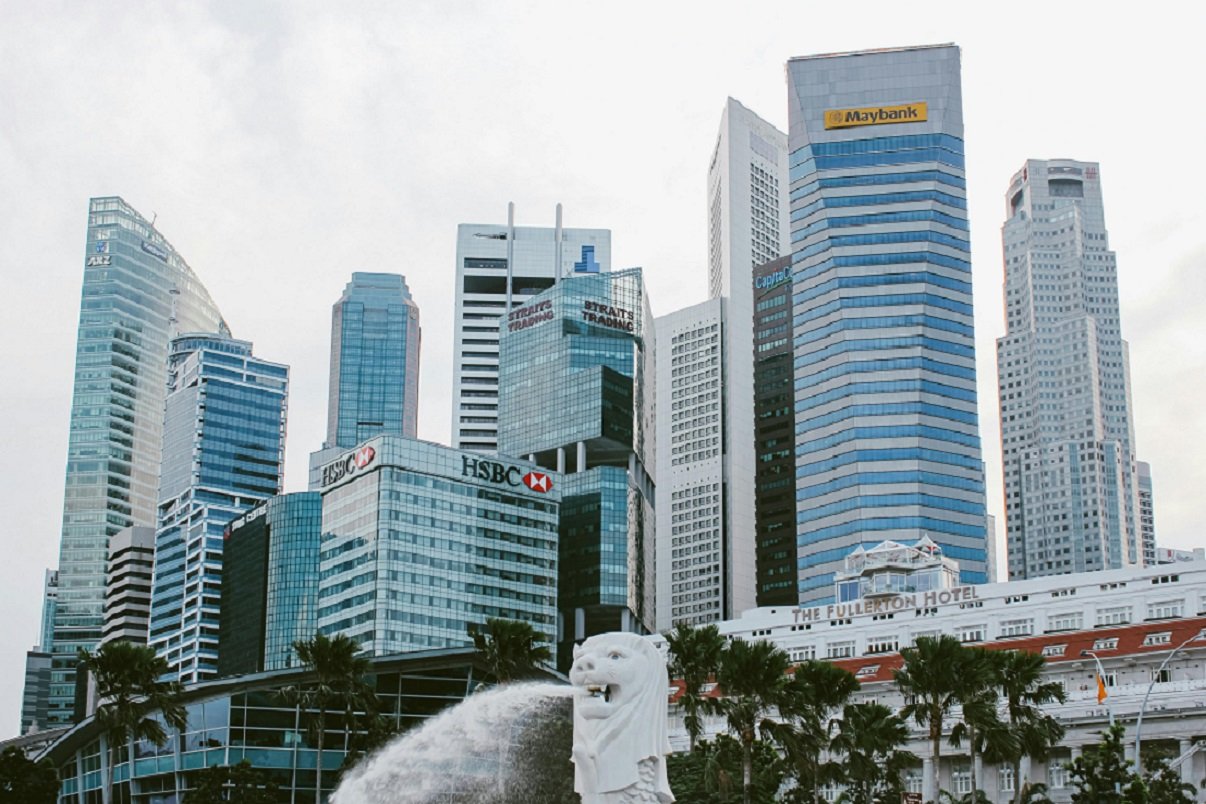Islamabad, July 25, 2025 — Pakistan’s Army and intelligence agencies have launched a major crackdown on the dollar black market in Pakistan to stop the rupee’s sharp decline. The move comes after a top intelligence official met with currency exchange companies earlier this week.
Malik Muhammad Bostan, chairman of the Exchange Companies Association of Pakistan (ECAP), confirmed the meeting. He said security forces, including the Federal Investigation Agency (FIA), began raiding illegal currency dealers right after the discussions. Many unlicensed operators have since gone into hiding.
This is the second time military-backed authorities have intervened to support the currency. In 2023, a similar effort stopped the rupee from falling and stabilized the exchange rate for months.

Security Agencies Lead Coordinated Action
The current operation includes intelligence agencies, the Army, the FIA, and the State Bank of Pakistan (SBP). Their goal is to shut down illegal money changers and reduce pressure on the rupee.
Teams have started raiding illegal hawala and hundi networks, especially in Karachi, Lahore, and Peshawar. Bostan noted that the open market dollar rate dropped by Rs. 1 following the crackdown. He credited this improvement to the increased supply of dollars and fear among illegal traders.
“Enforcement has created panic in black market circles. Legitimate exchanges are now handling more traffic,” Bostan said.
Rupee Under Pressure Again
Several factors have pushed demand toward the black market:
- Dollar hoarding by speculators
- Currency smuggling across borders
- Strict banking limits on foreign currency withdrawals
Because of these issues, many buyers turned to unregulated dealers offering better rates and faster service. This shift increased the gap between official and open market rates.
READ MORE: Interview with Dr. Zuhair Mohammad Hamdullah Zaid
Army’s Role Expands Under SIFC
The crackdown is part of the Special Investment Facilitation Council (SIFC), a joint civil-military body managing key economic reforms. The SIFC now oversees efforts to regulate the economy, including currency control, anti-smuggling, and investment facilitation.
Military involvement in financial matters has grown under this council. Authorities believe the Army brings speed and discipline to efforts that civilian institutions struggle to enforce on their own.
Public and Expert Reactions
The operation has received mixed reactions. Some experts support it as a quick fix, while others stress the need for long-term reform.
Economist Dr. Zafar Iqbal said:
“This may work in the short run, but unless we fix banking confidence, trade deficits, and regulation, the black market will return.”
Many business leaders welcomed the move, hoping it will stabilize rates and reduce inflation pressure.
Upcoming Government Measures
The Finance Ministry is preparing new rules to support this crackdown. Expected actions include:
- Stricter exchange company licenses
- Real-time tracking of currency transactions
- Crackdowns on border currency smuggling
- Incentives to bring remittances through formal channels
The State Bank may also issue new guidelines limiting personal and corporate dollar holdings.
At the same time, Pakistan is in talks with the International Monetary Fund (IMF) for a new bailout. The IMF is likely to include conditions that promote transparent currency trading and reduce unofficial exchange channels.
The government and military are working together to stop illegal currency trade and stabilize the rupee. This joint effort has already shown results, including a small drop in open market dollar rates.
However, lasting change will require more than enforcement. The government must restore trust in banks, fix policy loopholes, and support formal economic systems.
For now, the message is clear: the state is no longer ignoring the damage caused by the dollar black market in Pakistan.





